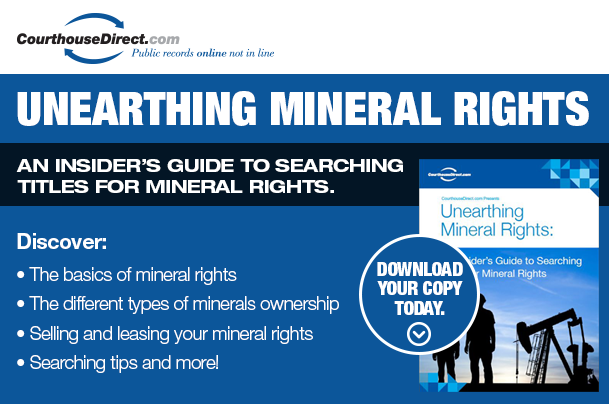
An eminent domain attorney represents owners of private property who are faced with an acquisition of that property by the government under the very broad umbrella of eminent domain.
To some extent, eminent domain is a simple concept. The government, whether it’s federal, state or local, has the power to take private property for a legitimate public use. When this happens, that government entity has to compensate the owner for the loss.
When this concept is actually applied, things quickly get complicated, especially if an owner is unhappy with the property acquisition or with the compensation being offered.
The property owner has the right to challenge the government’s action. The following suggestions are just some of the way property owners can assert their rights:
-
It can be argued that the acquisition is unsubstantiated and the government is not entitled to the property
-
The manner in which the property is being seized can be challenged by citing that the government did not follow the law
-
The property owner can also assert that the compensation offered is not sufficient when compared to the appraised value of the property
Challenging eminent domain can be a daunting task, the government, whether city, state or federal, is a formidable opponent. There are complex and inflexible laws that come into play which are unfamiliar to most property owners. These laws were written by the federal government to support governmental interest. In addition to the federal laws it is likely that your state and local municipality has its own set of laws that may be completely different from the federal government’s precedent. There are many opportunities for consumer error however; challenging eminent domain laws is not a hopeless task.
At the very least, an eminent domain attorney will help level the playing field. He will know if you have grounds to challenge government and whether it’s worth pursuing that option. He will know whether the state has followed the law, and he will know the laws property owners have to follow. He will know what it takes to challenge a proposed valuation, what evidence to present and how to present it. He will know whether you can appeal a decision and what you need to do to preserve your rights.
The stakes in eminent domain cases are very high. There is no room for error. It is in the best interest of the property owner to secure legal representation. As the old saying goes, "he who represents himself has a fool for a client." The law of eminent domain – complex, sophisticated and ever-changing – is an apt demonstration of the truth of that saying.





















